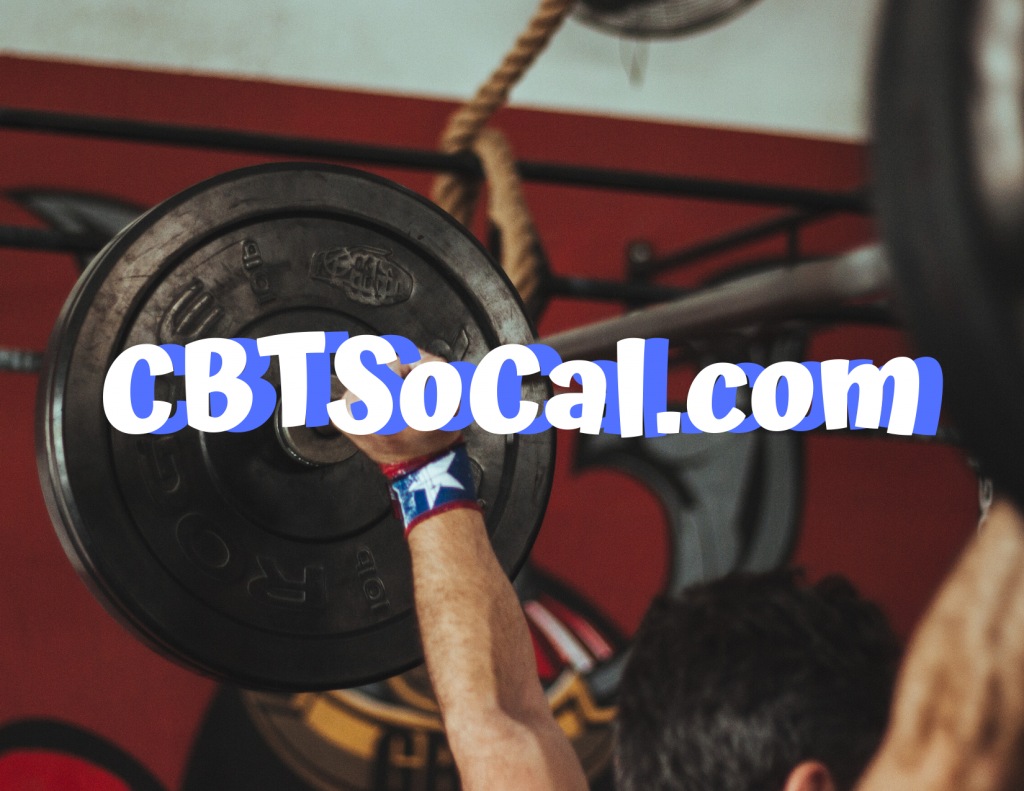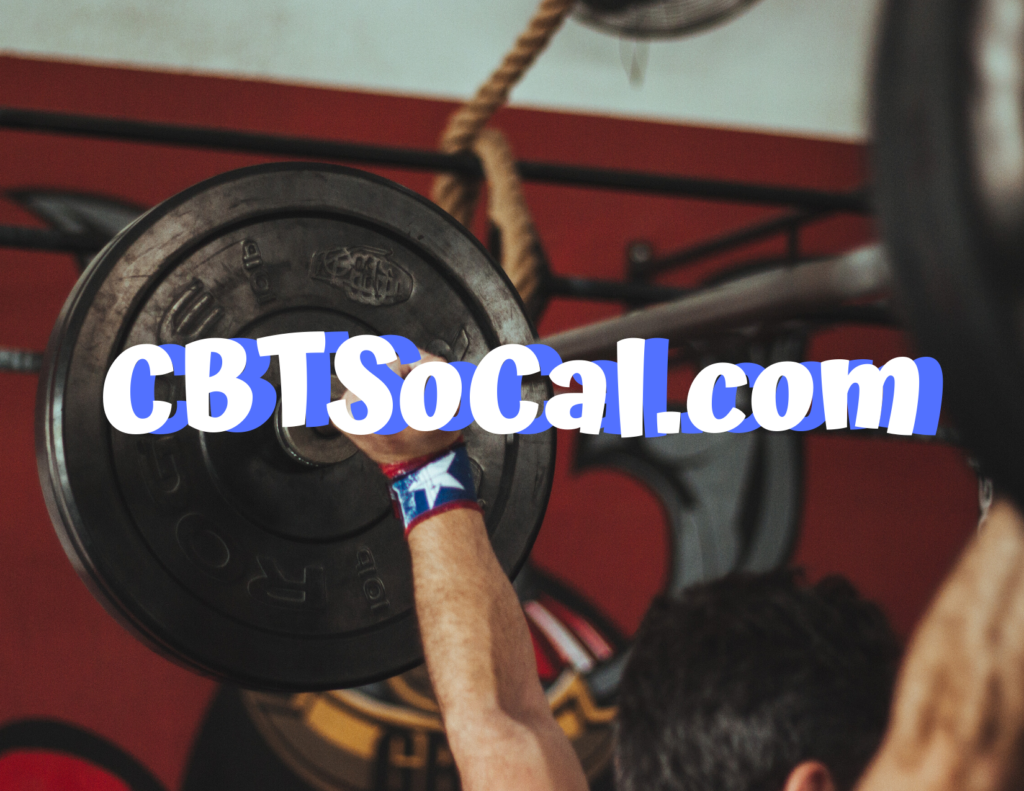Common myths about sport psychology


Sport psychology is a relatively new field and there are still many misconceptions held by athletes and performers about its usefulness and limitations. Below are a few of the most common myths about sport psychology:
Myth: Sport psychology is only for people who are “mentally weak” or in a slump.
The term “mentally weak” is often judgmental and unhelpful. Athletes and performers whose thoughts, emotions, and beliefs negatively impact their performance can benefit from sport psychology. However, athletes who are considered “mentally tough” can still gain tools and insights that can improve their performance in meaningful ways. Furthermore, sport psychology is not only for addressing slumps. It can be an essential part of an athlete or performer’s training and competition routine.
Myth: Sport psychology is only for elite athletes and performers.
Athletes and performers of any level can benefit from sport psychology training. Elite performers can utilize sport psychology training to gain a small but crucial advantage over their competitors. Pre-elite performers can use sport psychology training to help them to break through to elite status. Furthermore, a performer of any level can use sport psychology to enhance their feelings of enjoyment and fulfillment related to their sport and to perform at the upper limits of their abilities.
Myth: Sport psychology guarantees wins.
Sport psychology training cannot guarantee that athletes or performers achieve their desired outcome in a competition. However, sport psychology training gives athletes and performers more tools to utilize in order to perform at their best, which gives them the best chance of achieving their desired outcome.
Myth: Sport psychology is common sense.
Information is often viewed as common sense once it is learned. However, what is considered common sense often contradicts other common sense. For example, some might consider it common sense that athletes perform at their best when they believe that they are “naturally talented” and they focus on “results.” However, the evidence shows that this type of thinking often leads athletes to avoid difficult challenges and underperform under pressure. Sport psychology is based on peer reviewed research and professional experience. Sport psychology training can help athletes to know the difference between “common sense” and what will help them to perform at their best.
If you are interested in learning more about if sport psychology, conducted online, would helpful for you then schedule a free phone or video consultation.

Dr. Jason von Stietz specializes in Cognitive Behavior Therapy and Sport/Performance Psychology in Torrance, CA. He provides online therapy (telehealth) by way of the Torrance office and is available for a free initial phone consultation. Dr. von Stietz works with individuals from Long Beach, the greater Los Angeles area, and the South Bay including Palos Verdes, Redondo Beach, Hermosa Beach, Manhattan Beach, El Segundo and all over California.





Steve Wachs
Hi, I’m a high school teacher who teaches a Sports Psychology class and I’d love to have you join us via Zoom as a guest speaker…would you have an interest?
Jason von Stietz
Sounds great! I’ll email you!